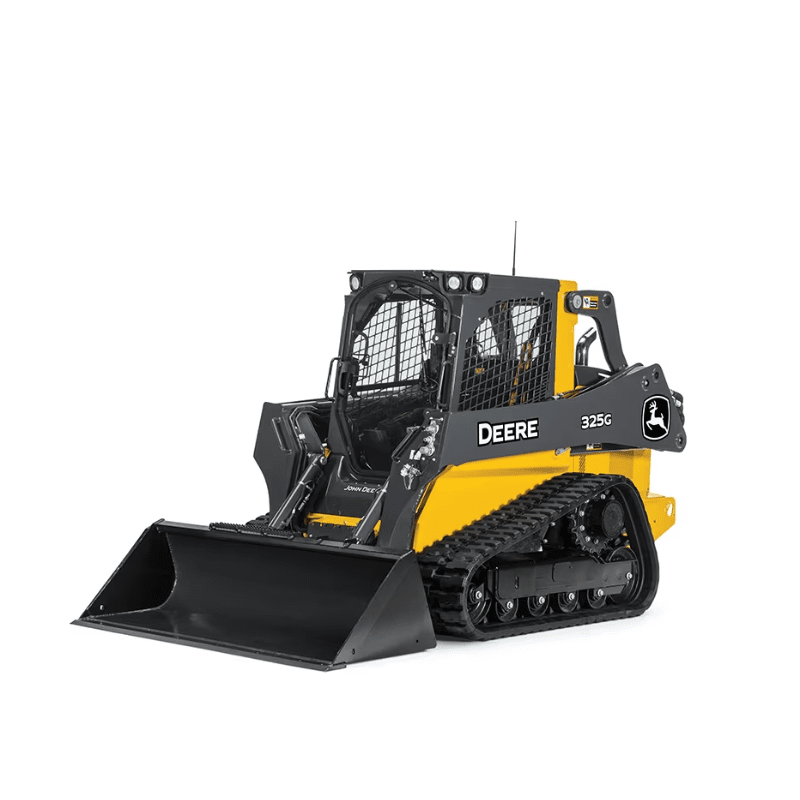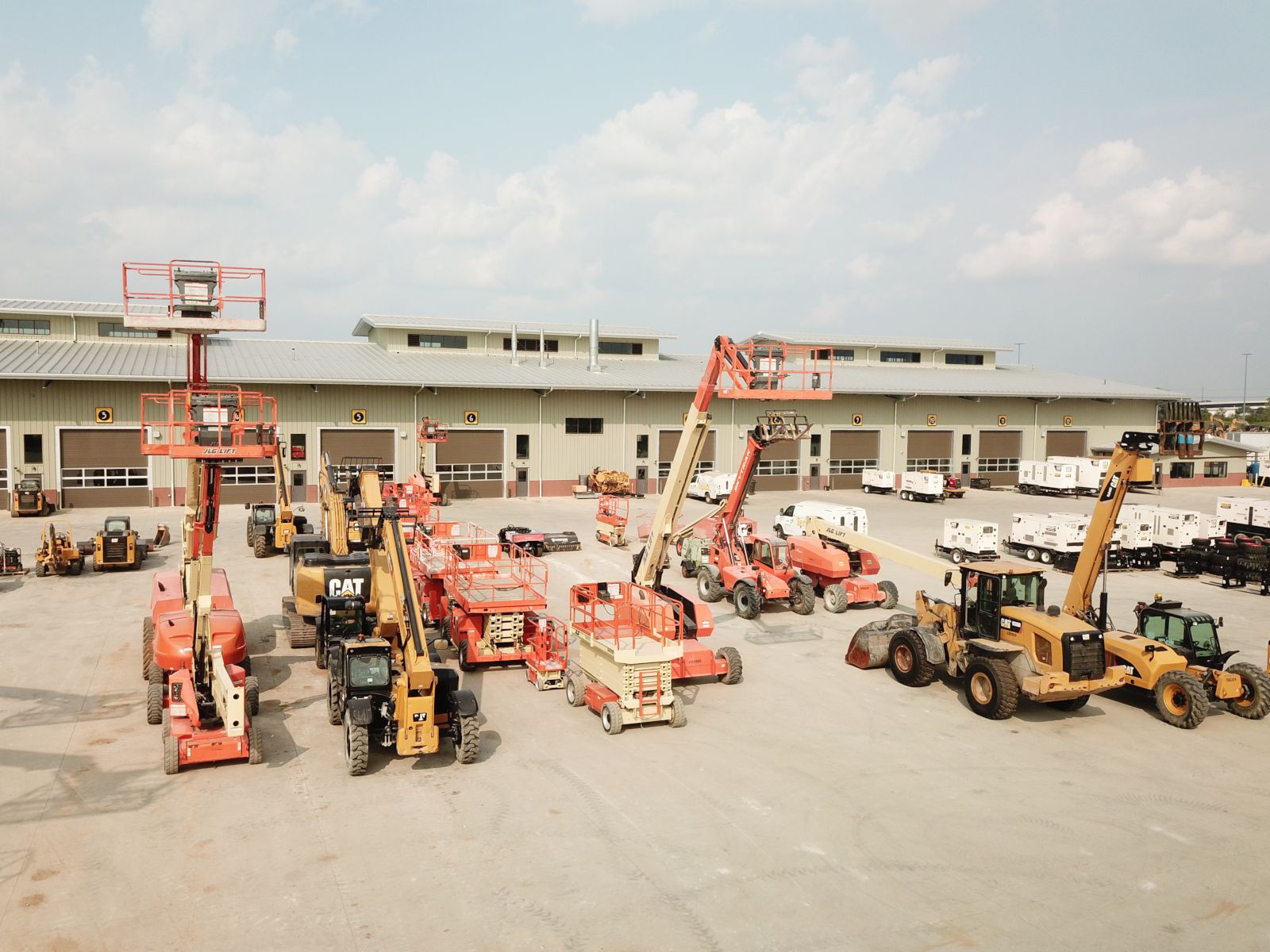Maximize Your Budget by Understanding the Prices Linked With Building Tools Services
Understanding the full extent of costs related to building and construction tools services is crucial for optimizing your budget plan. While the first rental charge may appear uncomplicated, many additional costs-- such as transport, fuel surcharges, and maintenance-- can promptly collect, influencing your monetary planning. Moreover, knowing different costs and the ins and outs of rental agreements can aid prevent unanticipated monetary concerns. What approaches can be employed to properly manage these expenses and ensure a more reliable rental experience?
Summary of Rental Costs
When taking into consideration building and construction equipment rentals, understanding the associated expenses is paramount for effective budgeting and job preparation. Rental expenses can differ significantly based upon numerous elements, including devices kind, duration of rental, and area. The first rental fee frequently mirrors the equipment's market demand and its connected functional capabilities, influencing the total cost.
In enhancement to the base rental price, supplementary prices may develop, such as transportation charges, gas additional charges, and maintenance costs. It is vital to represent these additional expenditures to accurately evaluate the overall price of leasing equipment. Additionally, the rental period can impact pricing; longer rentals may get affordable prices, while short-term rentals may sustain higher daily costs.

Break Down of Rental Rates
An extensive understanding of rental rates is crucial for contractors and project managers intending to enhance their budget plans. Rental rates for building and construction equipment typically include several components, consisting of base prices, time-based charges, and usage costs.
Base rates are the core costs linked with the leasing of the devices, typically identified by the type and dimension of the equipment. These prices can vary considerably, influenced by factors such as tools need, schedule, and regional market fads. Time-based charges, which may be daily, weekly, or monthly, offer to suit various project timelines and rental periods.
In addition, rental rates might include use charges, which apply when devices is used beyond a specified threshold, ensuring that the rental firm can account for wear and tear. Seasonal need variations can also affect rental rates, with peak construction periods typically commanding higher rates.
Furthermore, comprehending the rental business's policies relating to maintenance and insurance policy can supply more insight right into the overall expense structure. By assessing these elements, specialists can make enlightened decisions, making sure the selection of rental devices straightens with both job needs and budget restrictions.
Extra Charges to Think About
Recognizing the complexities of added costs is important for service providers to handle their overall service expenses properly. Beyond the conventional rental prices, numerous supplementary charges can substantially influence the complete expense of tools leasing. These charges frequently include delivery and pickup costs, which can vary based upon range and logistics associated with transferring the devices to and from the task site.
Furthermore, some rental business may enforce fuel surcharges if the equipment is returned with less gas than when rented. It is also necessary to recognize prospective cleaning fees, specifically for specialized devices that requires complete upkeep after usage.

Extensively assessing the rental arrangement and clearing up these additional fees upfront can help service providers make sure and avoid unforeseen costs that spending plans stay intact throughout the task lifecycle.
Upkeep and Repair Expenditures
Routine repair and maintenance costs are commonly ignored elements that can dramatically influence the total expense of construction devices services. When leasing tools, it is important to consider not just the rental fees however additionally the potential expenses related to keeping the equipment in optimal operating problem.
Many rental firms consist of fundamental maintenance as part of the rental arrangement; nonetheless, a lot more unexpected failures or extensive fixings can bring about additional costs. It's vital to review the rental contract thoroughly to comprehend what upkeep services are covered and what duties drop on the renter.
Additionally, tools that is not well-maintained can lead to ineffectiveness on the work site, possibly boosting and causing hold-ups task costs. To alleviate these dangers, it is advisable to perform regular inspections and maintain open communication with the rental continue reading this company regarding any kind of problems that emerge throughout use.
Insurance and Liability Costs
Insurance policy and liability prices are critical components that can considerably impact the total expenditure of building and read construction devices leasings (scissor lift rental). These expenses ensure that both the rental firm and the customer are safeguarded from potential monetary losses occurring from accidents, damages, or burglary during the rental duration

Additionally, customers ought to know any deductibles or exemptions in the insurance plan, as these can impact potential out-of-pocket expenditures. Comprehending the terms of any kind of insurance policy coverage is essential to stay clear of unforeseen expenses. Eventually, budgeting for insurance and obligation expenditures can help make sure a smoother rental experience and protect against monetary threats associated with building tasks.
Verdict
Finally, a comprehensive understanding of the expenses connected with building and construction devices leasings is important for efficient spending plan management. By examining rental rates, extra costs, upkeep expenses, and insurance coverage requirements, organizations and individuals can lessen unanticipated expenditures. This strategic technique not only enhances cost-effectiveness but additionally makes sure that projects progress smoothly and efficiently. Ultimately, notified decision-making pertaining to tools rentals contributes to the general success of building undertakings.
Rental costs can differ dramatically based on a number of elements, including tools type, period of leasing, and location (boom lift rental). The rental duration can affect pricing; longer services may qualify for affordable prices, while short-term rentals could incur greater everyday charges
By carrying out complete research and involving with reliable rental firms, specialists can ks heavy equipment effectively browse the complexities of rental prices, inevitably optimizing their financial sources.
Beyond the typical rental rates, various extra fees can considerably affect the complete cost of tools rental. Rental business often supply liability insurance policy that covers injuries to third events or damages to property, while devices damages insurance coverage can cover the cost of repair work or substitute if the rented equipment is damaged.
 Danny Tamberelli Then & Now!
Danny Tamberelli Then & Now! Rick Moranis Then & Now!
Rick Moranis Then & Now! Michael Bower Then & Now!
Michael Bower Then & Now! Katey Sagal Then & Now!
Katey Sagal Then & Now! Teri Hatcher Then & Now!
Teri Hatcher Then & Now!